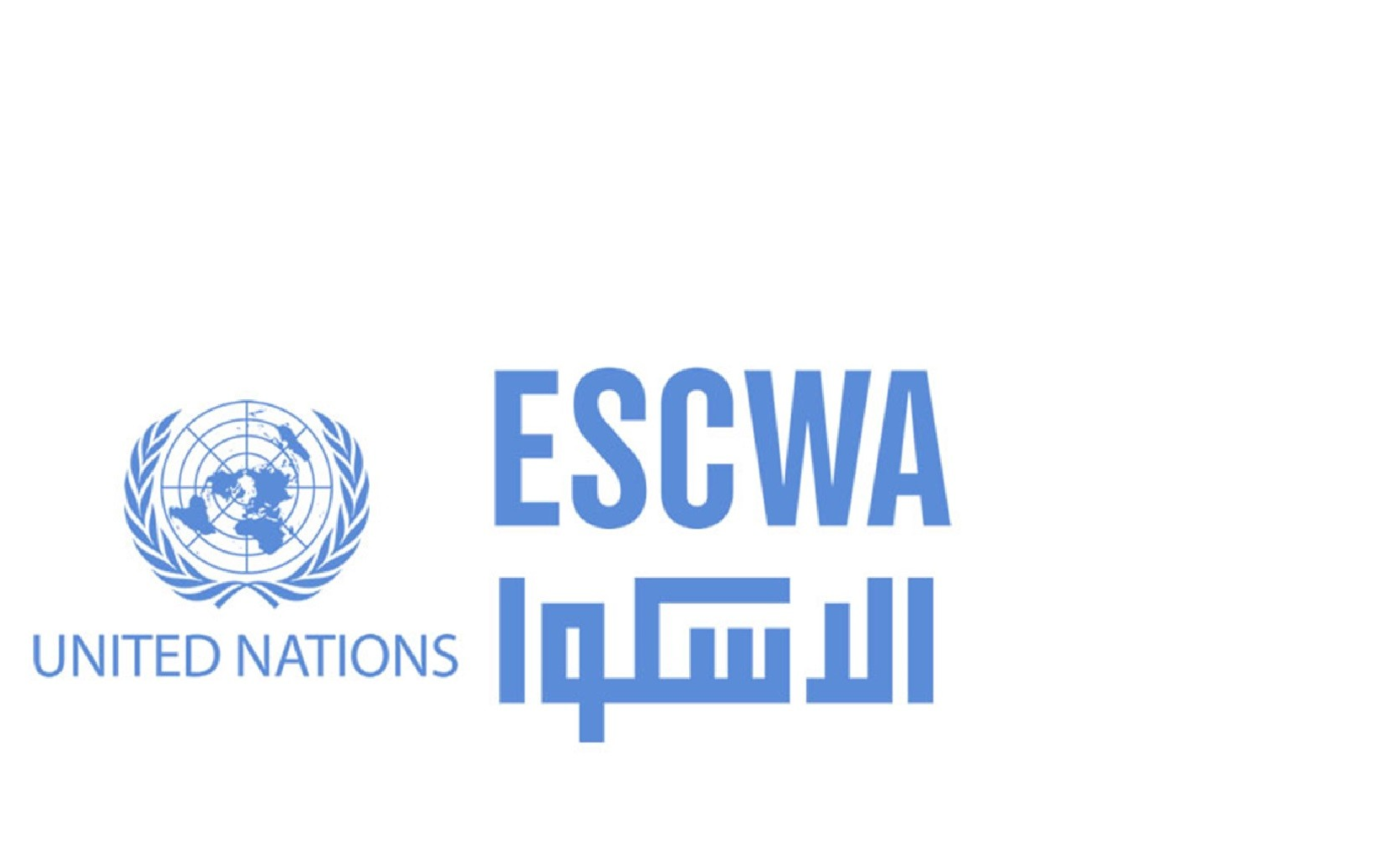LOC17:41
14:41 GMT

BEIRUT, Sept 23 (KUNA) -- The United Nations Economic and Social Commission for Western Asia (ESCWA) said Tuesday that lower and middle-income Arab countries still struggle with 'multidimensional poverty', meaning deprivations in education, health, nutrition, and access to basic services.
In a policy brief titled "Multidimensional Poverty Reduction: An Unfinished Mission in Several Arab Countries," ESCWA said progress remains slow and uneven across several states.
Jordan, Tunisia, and Egypt saw only slight declines over the past decade, ESCWA noted, with poverty higher in rural than urban areas and education the main factor of multidimensional poverty in all three countries.
Least developed states face bigger challenges, though Comoros is an exception, cutting multidimensional poverty from 34.6 percent in 2012 to 19.4 percent in 2022, with better sanitation, drinking water, electricity, and schooling, it mentioned.
ESCWA urged bold local reforms and renewed international cooperation.
It called on Jordan, Tunisia, and Egypt to invest in inclusive, high-quality education, improve school-to-work transitions, expand digital infrastructure, act urgently on health and nutrition, and strengthen social protection.
For Comoros, Mauritania, and Yemen, ESCWA underscored meeting minimum standards for clean water, sanitation, and energy is essential, and that digital banking and microfinance can also help families in fragile conditions.
Yemen needs major outside support, including conflict resolution efforts and development aid, it pointed out.
Meanwhile, ESCWA Senior Economist Khalid Abu-Ismail warned that progress remains too slow and uneven, and that without closing gaps in education, nutrition, and basic services, millions will remain deprived.
National efforts and renewed international cooperation are essential to ensure access to basic services and a dignified life, he said. (end)
ayb.ams.lr